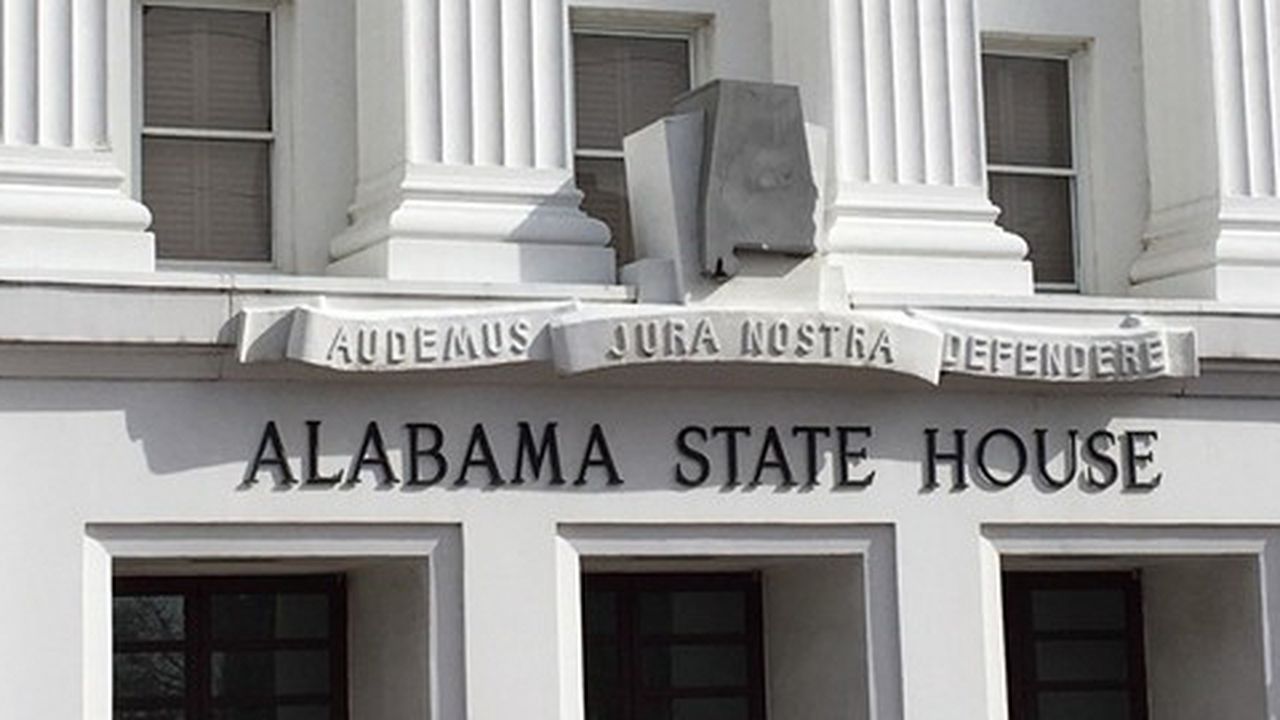Senate passes bill to expand Alabama Accountability Act
The Alabama Senate has passed a bill that would expand the Alabama Accountability Act, a 10-year-old law that allows parents to use scholarships funded by tax credits to send their children to private schools. .
The vote came after a four-and-a-half hour filibuster that ended when the Senate approved a petition for cloture, or to end the debate. Democratic and Republican senators took part in the filibuster.
The Senate passed the bill 26-7. It moves to the House of Representatives.
The bill, SB263 by Sen. Donnie Chesteen, R-Geneva, would make Accountability Act scholarships available to more students by raising the income level for eligibility. The scholarships are funded by donations to scholarship granting organizations. Donors receive a credit on their state income tax.
The expansion in eligibility would cover all students with individual education plans, including those with intellectual disabilities and speech, language, vision, hearing, and physical impairments, as well as learning disabilities. It would raise the maximum scholarship to $10,000 per student.
The bill would expand eligible spending of scholarship funds beyond tuition and fees to include transportation, uniforms, services for a child’s unique needs, and tutoring. It would require students using scholarships to take the state’s annual standardized test in math and reading.
Chesteen’s bill would boost the annual cap on total tax credits that fund the scholarships from $30 million to $40 million. It would allow the cap to rise to as much as $60 million over time.
Eligible students can use Accountability Act scholarships to attend one of 157 participating private schools or to pay tuition to a public school other than the school the child is zoned to attend. Around 2,700 students currently use scholarships to attend private schools, most of which are religious schools.
The Accountability Act scholarship program has awarded 25,900 scholarships since it was established in 2013, paying about $147.4 million in tuition, mostly to private schools, including religious schools.
The Accountability Act sparked sharp disagreements and litigation when it passed a decade ago, with Republicans saying it was a way to help students stuck in underperforming public schools. Democrats and other opponents of the bill said it would hurt education because the tax credits reduce funding to the Education Trust Fund, which supports public schools. Similar arguments came up during tonight’s filibuster.
“I just don’t think that this is a solution,” Singleton said. “It may work in some places. It may work for some families. But for the least of these, is it working? This is not for the least of these. This is for the middle to the top.”
“What you’re doing is leaving children behind,” Singleton said. “Children that I care about.”
